According to a study conducted at Standford University, those that are clinically diagnosed with depression are more at risk of developing sleep apnea compared to those that are not depressed. The study showed that those with depression were five times more likely to be diagnosed with sleep apnea. Researchers are still studying whether or not the depression or sleep apnea starts first, but either way, there is a strong correlation between the two.
The UCLA Sleep Center has also done a tremendous amount of research on sleep disorders and has found that depression may not be the reason for not sleeping well at night, but that depression symptoms may occur due to an underlying sleep disorder. The most common sleep disorder is sleep apnea. Sleep apnea causes the body to miss breathes during your sleep which prevents the flow of oxygen to the brain.
Sleep Apnea
To better understand how depression and sleep apnea are linked, it’s important to understand what sleep apnea is, what the noticeable symptoms are, and how it’s treated.
What Happens When You Have Sleep Apnea?
Sleep Apnea Symptoms
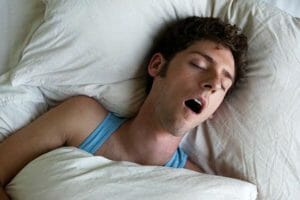
Loud disruptive snoring
Disruptive snoring is typically noticed by your bed partner. Extremely loud snoring is usually followed by a noticeable pause and then a huge gasp for air which may or may not wake you during the night.
Not breathing while asleep
This is typically noticed by your bed partner as well and is very scary for most people that witness it. You can actually hear the pause in breathing and may wonder when the person is going to start breathing or snoring again.
Dry mouth
Many people with sleep apnea experience a dry mouth when they wake up in the morning or may even have one during the day. Most people with sleep apnea are mouth breathers, so when the air is ingested through the mouth, it tends to dry out the mouth and throat and saliva is not produced as abundantly.
Sore throat
Waking up to a dry mouth or a sore throat are both normal symptoms of sleep apnea. The flow of air continuously passing down the throat during your sleep tends to dry out the mouth and decrease saliva production. This, in turn, dries out the throat and may become irritated or scratchy.
Waking up to choking or gasping for breathes
This is one of the most noticeable symptoms of sleep apnea and is usually witnessed by another bed partner.
Daytime drowsiness and lack of energy
Your body needs oxygen in order to survive and sleep apnea seriously decreases the flow of oxygen to the brain. This is not only dangerous but impacts a good night’s sleep for your body. When you are not well-rested, you tend to lack energy throughout the day.
Falling asleep while driving or working
This goes hand in hand with daytime drowsiness. Many people endure long commutes to and from work and sleep apnea may put you at risk of falling asleep at the wheel during your commute.
Sleep Apnea Treatments
Oral Appliances
An oral appliance resembles a sports mouth guard or mouthpiece. Its purpose is to hold the jaw in the optimal position in order to keep the airway open and clear, thus preventing snoring from occurring. Oral appliances are effective at treating snoring, but only some are approved to treat sleep apnea.
Surgeries
There are several types of surgeries that can stop snoring and sleep apnea altogether. These surgeries include the Pillar Procedure, a tracheostomy, maxillomandibular advancement, or a uvulopalatopharyngoplasty. Depending on the surgery, some can be minimally invasive and can be done in a few simple outpatient visits. Others require overnight stays and up to weeks or months of recovery time.
CPAP Therapy
CPAP Therapy is the most common treatment for sleep apnea. CPAP stands for continuous positive airway pressure. The CPAP machine has become widely used in the sleep disorder industry. The machine itself constantly pumps oxygen through a hose and into a nose or face mask. This positive flow of oxygen prohibits the body from pausing and missing a breath. The machines have come a long way in recent years and are very quiet, small, and are easy to travel with. Most insurance providers cover CPAP therapy. You must consult with your doctor if you think you have sleep apnea so they can schedule a sleep study. If you are officially diagnosed, the CPAP therapy will be the first recommended treatment for your sleep disorder.
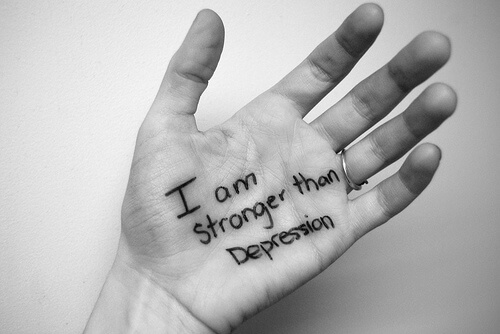
Depression
Signs of Depression
- Loss of interest in activities
- Increased Sleep or Unable to sleep
- Lack of energy
- Guilty Feelings
- Trouble concentrating
- Suicidal thoughts
- Unable to make decisions easily – indecisiveness
- Feeling worthless
- Reoccurring sad moods
- Irritability
How to Treat Depression
Antidepressants
There are several different types of antidepressants on the market that are used to treat depression. The most common types of these medicines are known as SSRI’s which are selective serotonin reuptake inhibitors. These medicines re-balance any chemical imbalance in the brain which is most likely the culprit of the depression.
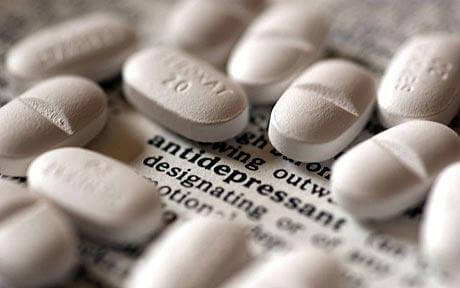
Psychotherapy
Psychotherapy is a treatment option for those who do not want to be put on antidepressants for various reasons. It involves talking through a series of topics that relate to your lifestyle, work, and personal life with a psychologist. Psychotherapy is not for everyone, but it is an effective treatment for depression.
Holistic Treatments
There are other natural holistic treatments out there that can positively benefit someone that is depressed. The most common forms of holistic treatments include regular exercise, yoga and natural breathing exercises, the use of essential oils, and changing your diet to one that is all natural, healthy, and balanced.
How Sleep Apnea and Depression May be Linked
Sleep apnea can be very disruptive if it’s gone untreated. It may cause daytime drowsiness and can impact your family life. All of these complications may just be a recipe for depression. Sleep apnea and snoring can impact your daily routine and quality of life. A good night’s rest makes you alert during the day, gives you more energy, helps to think clearer, and promotes good decision making. If you suffer from snoring or sleep apnea, all of these positive impacts from not getting sleep can be turned upside down and may lead to depression without you even seeing the connection.
Linked Sleep Apnea and Depression Symptoms
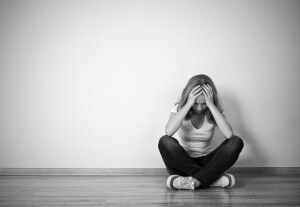
- Lack of Participation in Activities
- Inability to sleep
- Lack of energy and motivation
- Irritability and mood wings
- Daytime drowsiness
The above symptoms are found in both sleep apnea and depression. It’s difficult to define which symptoms started with sleep apnea or with depression, but the point is that they do relate to each other and one disorder may link the other.
In conclusion, the similarities between sleep apnea, snoring, and depression is very similar. It’s difficult for doctors to blame one causing the other, however, their symptoms correlate tremendously. Consult your doctor if you think you suffer from sleep apnea or depression. There are treatment options for both and you deserve a good night’s sleep and a healthy mind.
Share This Post:


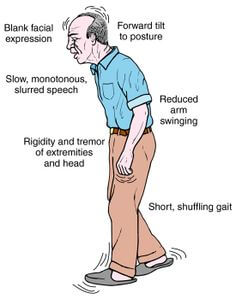
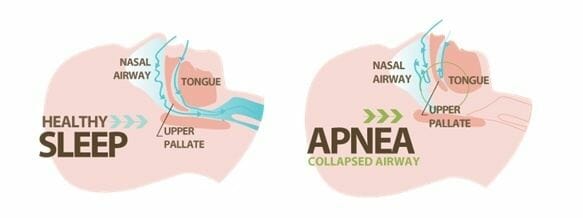 ith Parkinson’s are loud snorers as well, a symptom of sleep apnea.
ith Parkinson’s are loud snorers as well, a symptom of sleep apnea. 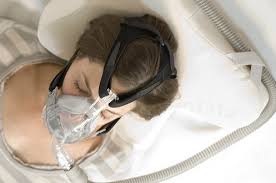
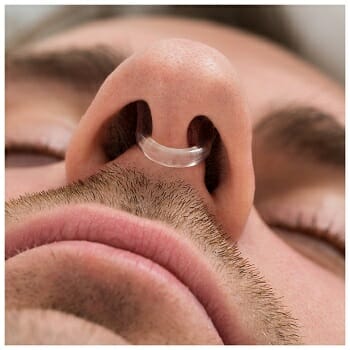 Nasal cones are typically made from a soft plastic or silicone material and are made in a number of different shapes. Some, such as Mute or WoodyKnows is a clip style that fit inside of the nose and is designed with rings that expand the nostril out and open. The advantage of the clip style is that it takes up very little room in the nostril which allows for a greater volume of air to flow unobstructed.
Nasal cones are typically made from a soft plastic or silicone material and are made in a number of different shapes. Some, such as Mute or WoodyKnows is a clip style that fit inside of the nose and is designed with rings that expand the nostril out and open. The advantage of the clip style is that it takes up very little room in the nostril which allows for a greater volume of air to flow unobstructed.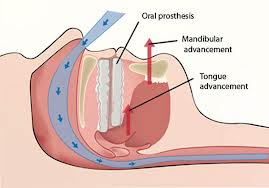 Another popular snoring solution is often referred to as a snoring mouth guard or mouthpiece. Like Nasal cones, mouth guards are also sold by a number of manufacturers such as SleepTight, zQuiet, Good Morning Snore Solution, Zyppah, SnoreRx, PureSleep, and many others. Unlike Nasal cones, mouth guards focus more on opening the airway rather than the nasal passages.
Another popular snoring solution is often referred to as a snoring mouth guard or mouthpiece. Like Nasal cones, mouth guards are also sold by a number of manufacturers such as SleepTight, zQuiet, Good Morning Snore Solution, Zyppah, SnoreRx, PureSleep, and many others. Unlike Nasal cones, mouth guards focus more on opening the airway rather than the nasal passages. Now that we have an understanding of what Nasal cones and mouth guards are and how they work, let’s get down to the million-dollar question which is ‘which product works better to stop snoring?’, the Nasal cone or mouth guard?
Now that we have an understanding of what Nasal cones and mouth guards are and how they work, let’s get down to the million-dollar question which is ‘which product works better to stop snoring?’, the Nasal cone or mouth guard?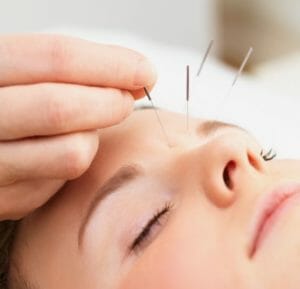

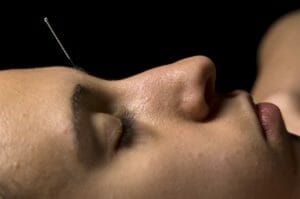
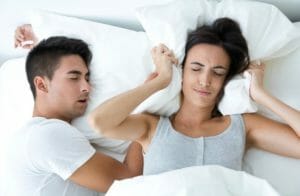
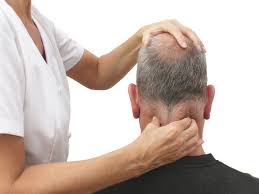
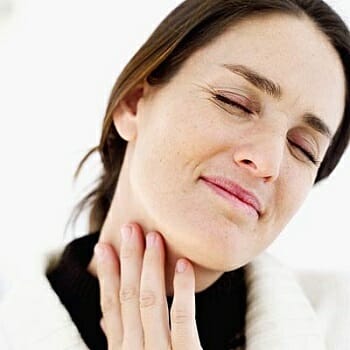
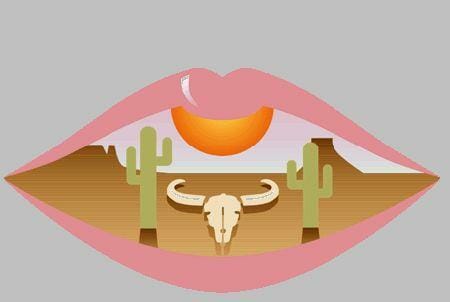 So, a sore throat that occurs only in the morning may be caused by snoring? How does this occur? There are actually a few explanations as to why snoring happens and how it causes a sore throat.
So, a sore throat that occurs only in the morning may be caused by snoring? How does this occur? There are actually a few explanations as to why snoring happens and how it causes a sore throat.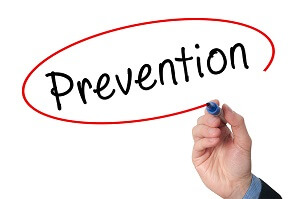 While snoring is often the cause of a morning sore throat, this is not always the case. Since every individual’s circumstances may differ, it’s critical that you schedule an appointment with your doctor who can further evaluate chronic morning sore throat as well as any other symptoms that you may be experiencing alongside a sore throat. It’s possible that a sore throat may be an indication of not only snoring but
While snoring is often the cause of a morning sore throat, this is not always the case. Since every individual’s circumstances may differ, it’s critical that you schedule an appointment with your doctor who can further evaluate chronic morning sore throat as well as any other symptoms that you may be experiencing alongside a sore throat. It’s possible that a sore throat may be an indication of not only snoring but  One of the best ways to prevent your throat from drying out is to ensure that you are getting enough water each day. A surprising number of people spend their days dehydrated which can not only contribute to a dry mouth while asleep and ultimately snoring, but it can also cause numerous health problems. A lack of water causes the mucous membranes within your throat to dry out and become irritated.
One of the best ways to prevent your throat from drying out is to ensure that you are getting enough water each day. A surprising number of people spend their days dehydrated which can not only contribute to a dry mouth while asleep and ultimately snoring, but it can also cause numerous health problems. A lack of water causes the mucous membranes within your throat to dry out and become irritated.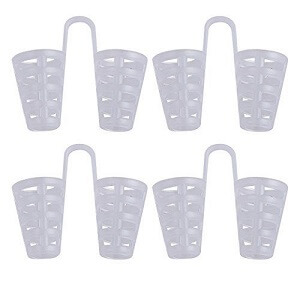
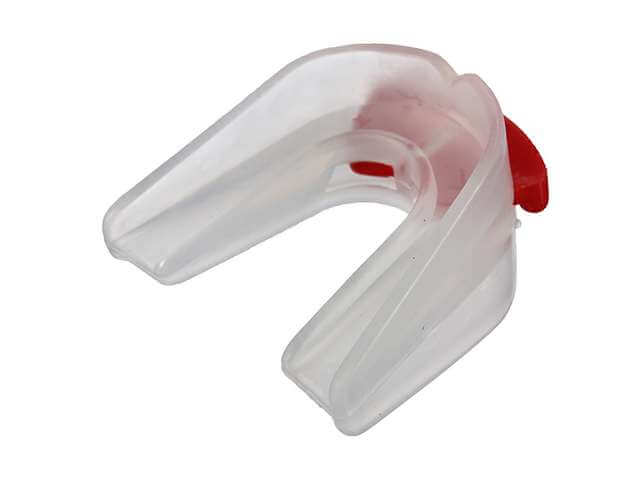
 In western medicine, we have a pill for nearly every ailment, so it’s quite common for people to seek a pill or tablet for one of the most common issues faced in the American household – snoring.
In western medicine, we have a pill for nearly every ailment, so it’s quite common for people to seek a pill or tablet for one of the most common issues faced in the American household – snoring.
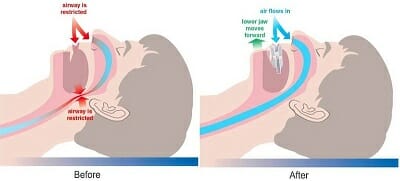 Correcting a snoring problem begins by addressing the problematic area in which snoring typically develops. The
Correcting a snoring problem begins by addressing the problematic area in which snoring typically develops. The 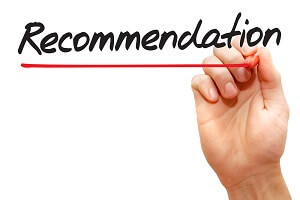 Looking at the low cost and ease of use offered by snoring pills, it’s very enticing to give them a try but is it they worth trying?
Looking at the low cost and ease of use offered by snoring pills, it’s very enticing to give them a try but is it they worth trying? For years, most of us have believed that the disturbing sound of snoring is simply a bedroom nuisance that’s jokingly dismissed. Today, numerous medical studies have shown a link between snoring and a number of serious medical conditions such as obstructive sleep apnea, high blood pressure, heart attack, stroke, and even
For years, most of us have believed that the disturbing sound of snoring is simply a bedroom nuisance that’s jokingly dismissed. Today, numerous medical studies have shown a link between snoring and a number of serious medical conditions such as obstructive sleep apnea, high blood pressure, heart attack, stroke, and even 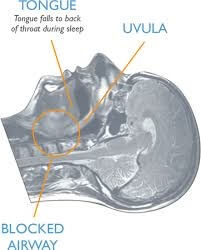 Most of us are quite familiar with the sound of snoring but what many of us don’t know is exactly what snoring is and where the sound of snoring originates from.
Most of us are quite familiar with the sound of snoring but what many of us don’t know is exactly what snoring is and where the sound of snoring originates from. You may be wondering how two completely unique conditions, which on the surface appear to be unrelated, have anything to do with each other. Is it possible that snoring causes diabetes or perhaps diabetes causes snoring? Interestingly enough, recent medical research has found at least a couple links between these two conditions. In one recent study conducted by the American Journal of Epidemiology, it was found that regular snorers were twice as likely to develop diabetes while even occasional snorers were nearly 50% more likely to end up with diabetes. Exactly how are these two conditions related?
You may be wondering how two completely unique conditions, which on the surface appear to be unrelated, have anything to do with each other. Is it possible that snoring causes diabetes or perhaps diabetes causes snoring? Interestingly enough, recent medical research has found at least a couple links between these two conditions. In one recent study conducted by the American Journal of Epidemiology, it was found that regular snorers were twice as likely to develop diabetes while even occasional snorers were nearly 50% more likely to end up with diabetes. Exactly how are these two conditions related?
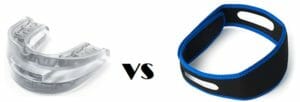 There’s a debate among snorers who are unable to decide whether to choose a snoring mouthguard or chinstrap. Both products have received a bit of attention in recent years but are both equally effective at treating snoring? We are going to examine each and help you decide which product may be best for your particular situation. Let’s begin this discussion by investigating exactly what each solution is and the pros and cons of each product.
There’s a debate among snorers who are unable to decide whether to choose a snoring mouthguard or chinstrap. Both products have received a bit of attention in recent years but are both equally effective at treating snoring? We are going to examine each and help you decide which product may be best for your particular situation. Let’s begin this discussion by investigating exactly what each solution is and the pros and cons of each product.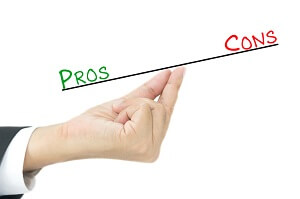
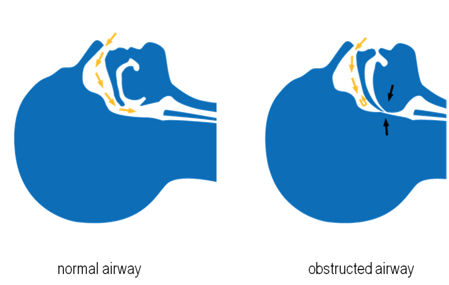
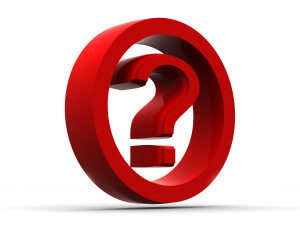 While there are advantages and disadvantages of both the snoring chinstrap and mouthpiece, is one better than the other? The answer greatly depends on the source of your snoring. If snoring originates from the airway, a mouthpiece is always going to be the better choice. If your snoring is the result of your mouth hanging open, a chinstrap can be an effective solution.
While there are advantages and disadvantages of both the snoring chinstrap and mouthpiece, is one better than the other? The answer greatly depends on the source of your snoring. If snoring originates from the airway, a mouthpiece is always going to be the better choice. If your snoring is the result of your mouth hanging open, a chinstrap can be an effective solution.




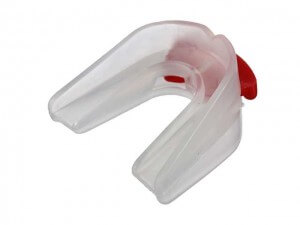 In a sea of anti-snoring products, it’s often difficult to make a decision when all companies promise to put an end to your snoring. There are literally hundreds of product to choose from including nose cones, chin straps, mouthpieces, special pillows, and nasal strips to name a few. How does one go about choosing the best product to put an end to their snoring? Each product is unique and performs the function of preventing snoring in a different fashion. There’s no one-size-fits-all snoring solution, meaning that one product may work for some but not all. The key to choosing the right product is to first determine the type of snorer you are.
In a sea of anti-snoring products, it’s often difficult to make a decision when all companies promise to put an end to your snoring. There are literally hundreds of product to choose from including nose cones, chin straps, mouthpieces, special pillows, and nasal strips to name a few. How does one go about choosing the best product to put an end to their snoring? Each product is unique and performs the function of preventing snoring in a different fashion. There’s no one-size-fits-all snoring solution, meaning that one product may work for some but not all. The key to choosing the right product is to first determine the type of snorer you are.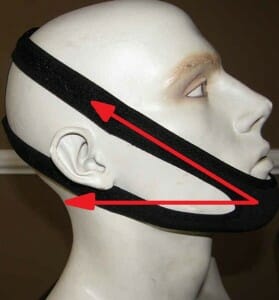 Of the three types, airway snorers are usually the most common. The reason why snoring originates in the airway is that while asleep, the airway often becomes narrowed as our tongue relaxes and falls to the back of the throat. When this occurs, it creates resistance and as air moves past and it, this causes loose tissue in the airway to vibrate and generates the sound of snoring.
Of the three types, airway snorers are usually the most common. The reason why snoring originates in the airway is that while asleep, the airway often becomes narrowed as our tongue relaxes and falls to the back of the throat. When this occurs, it creates resistance and as air moves past and it, this causes loose tissue in the airway to vibrate and generates the sound of snoring.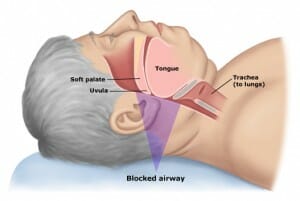 Open mouth snorers are less common in comparison to airway snorers. The sound of snoring is generated when a person breathes through their mouth instead of through their nose. As air moves in and out of the mouth, it causes the uvula, tonsil and other airway tissues to collide with each other and creates the snoring sound. In this case, the solution may be to encourage nasal breathing by using snoring chinstrap, mouthpiece, or a combination of the two which can be highly effective.
Open mouth snorers are less common in comparison to airway snorers. The sound of snoring is generated when a person breathes through their mouth instead of through their nose. As air moves in and out of the mouth, it causes the uvula, tonsil and other airway tissues to collide with each other and creates the snoring sound. In this case, the solution may be to encourage nasal breathing by using snoring chinstrap, mouthpiece, or a combination of the two which can be highly effective.